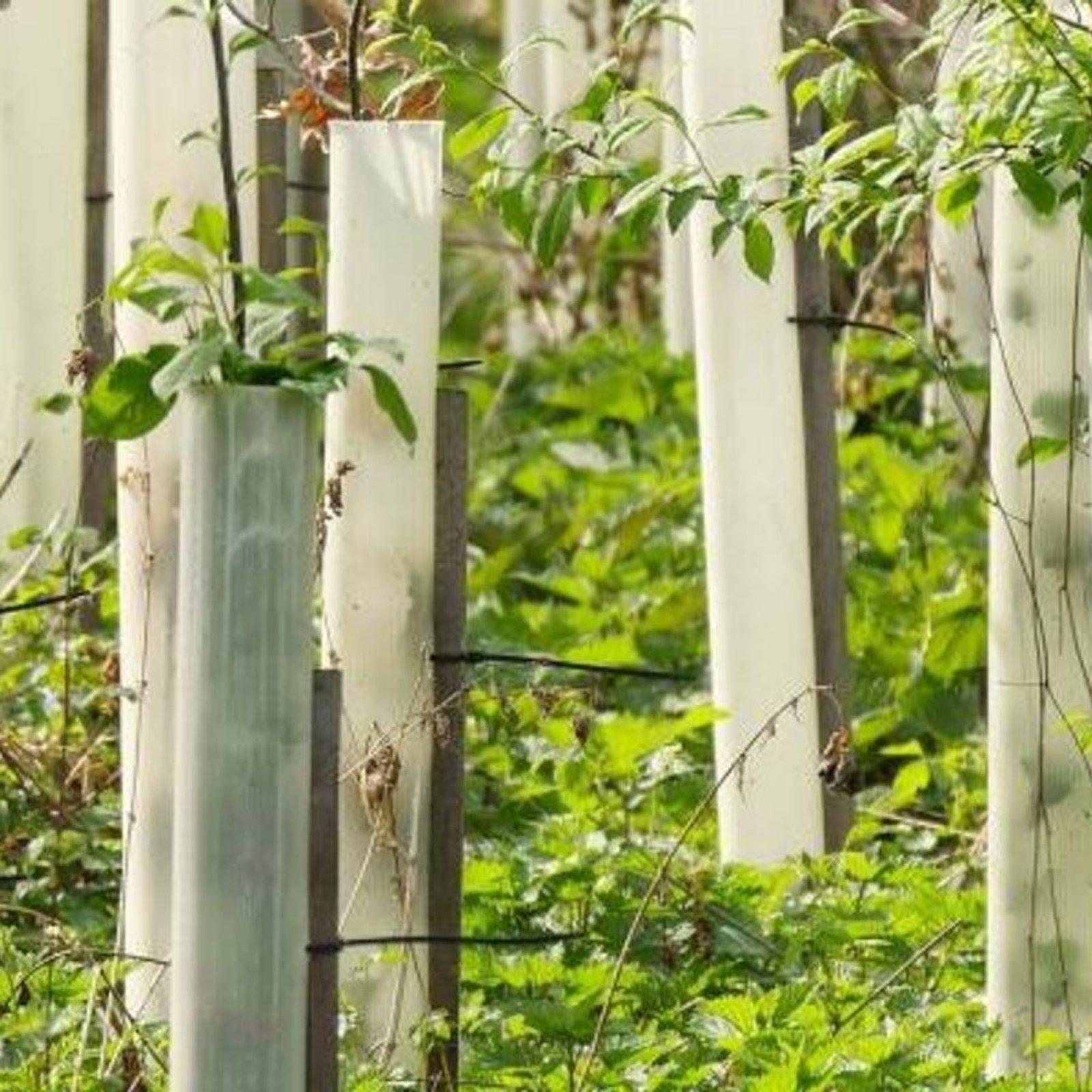Open Conversation #2—Negotiating climate change
Of carbon colonialism and its implications for cultural production and touring from a local, swiss-based perspective
This Open Conversation introduces aspects of international climate negotiations which are the focus of attention at the 26th UN Climate Change Conference (COP26) coming to an end on Friday November 12.
In this context, the issue of international compensation markets is of interest both to transcontinental, North-South relations and to artistic production, which regularly resorts to offsetting carbon emissions from flights or other material productions. Switzerland for its part ranks as the 6th biggest contributor to the carbon compensation schemes of the United Nations Framework Convention on Climate Change (UNFCCC). Less known however is the fact that compensation markets schemes often amount to a new form of so-called “carbon colonialism”.
Senior Lecturer at La Trobe University Julia Dehm introduces these aspects from the perspective of international laws and environmental justice. In her recently published PhD Thesis, Julia Dehm provides a critical analysis of how one of the main program of carbon compensation through reforestation by the UNFCCC:
“operates to reorganise social relations and to establish new forms of global authority over forests in the Global South, in ways that benefit the interests of some actors while further marginalising others. In accessible prose that draws on interdisciplinary insights, Dehm demonstrates how, through the creation of new legal relations, including property rights and contractual obligations, new forms of transnational authority over forested areas in the Global South are being constituted.”
After this introduction to the topic, we reflect on our practices in the Swiss performing and visual arts thanks to case studies stemming from various practices and contexts in Switzerland.
Michaël Monney manager of the 2b company, a theatre company with numerous touring dates, tell us to what extent the company implement (or not) the Charte des artistes, acteurs et actrices culturelles pour le climat/Klimacharta der KünstlerInnen, Kulturakteurinnen und Kulturakteure of which it is signatory, and what it means both in production and artistic terms.
Mirjam Jamuna tells us about a sustainable laboratory-like experience and how it engaged a transformation of artistic (productions) practices which in turn created new relations and anchoring within the local context.
Finally, Tarik Hayward, who is interested in survival construction techniques and builds his own works using mostly recycled materials shares his views about material production and the limits of the zero-carbon perspective.
Based on these insights, we will engage in a conversation across fields, exploring which other contributions the independent art scene in Switzerland might offer to ecological sustainability and carbon sobriety, and if and how aspects of environmental justice can be translated to in the independent art scene in Switzerland.
Based on examples stemming from environmental justice offered by Julia Dehm, can the cultural producers in Switzerland find alternative ways to emissions offsetting whenever they tour (or otherwise emit CO2)?
Beyond offsetting emissions, what are other ways in which the visual and performing art scene can contribute to carbon sobriety?
Shifting the perspective away from carbon into environmental justice, what new forms of relations with our fellow colleagues in the cultural field elsewhere can be found?
How can dimensions and aspects of environmental justice be implemented in the independent art scene in Switzerland?
The conversation takes place in English and online via zoom.
With:
Julia Dehm, Senior Lecturer in international law at La Trobe University, Melbourne (AUS);
Michaël Monney, manager of the 2b company, Lausanne (CH);
Mirjam Jamuna Zweifel, dance artist and member of The Field, dance company in residence at Tanzhaus, Zurich (CH); invited as Artists-in-Research at Open Futures
Tarik Hayward, visual artist, Lausanne & Vallée de Joux (CH), invited as Artists-in-Research at Open Futures and in the exhibition “Collective Resonance” at Shedhalle
Moderated by:
Isabelle Vuong, initiator of Open Futures, Zurich (CH) & Berlin (DE)
Find more information on the talk format and on the participants here.
Open Conversation #2—Negotiating climate change
Of carbon colonialism and its implications for cultural production and touring from a local, swiss-based perspective
This Open Conversation introduces aspects of international climate negotiations which are the focus of attention at the 26th UN Climate Change Conference (COP26) coming to an end on Friday November 12.
In this context, the issue of international compensation markets is of interest both to transcontinental, North-South relations and to artistic production, which regularly resorts to offsetting carbon emissions from flights or other material productions. Switzerland for its part ranks as the 6th biggest contributor to the carbon compensation schemes of the United Nations Framework Convention on Climate Change (UNFCCC). Less known however is the fact that compensation markets schemes often amount to a new form of so-called “carbon colonialism”.
Senior Lecturer at La Trobe University Julia Dehm introduces these aspects from the perspective of international laws and environmental justice. In her recently published PhD Thesis, Julia Dehm provides a critical analysis of how one of the main program of carbon compensation through reforestation by the UNFCCC:
“operates to reorganise social relations and to establish new forms of global authority over forests in the Global South, in ways that benefit the interests of some actors while further marginalising others. In accessible prose that draws on interdisciplinary insights, Dehm demonstrates how, through the creation of new legal relations, including property rights and contractual obligations, new forms of transnational authority over forested areas in the Global South are being constituted.”
After this introduction to the topic, we reflect on our practices in the Swiss performing and visual arts thanks to case studies stemming from various practices and contexts in Switzerland.
Michaël Monney manager of the 2b company, a theatre company with numerous touring dates, tell us to what extent the company implement (or not) the Charte des artistes, acteurs et actrices culturelles pour le climat/Klimacharta der KünstlerInnen, Kulturakteurinnen und Kulturakteure of which it is signatory, and what it means both in production and artistic terms.
Mirjam Jamuna tells us about a sustainable laboratory-like experience and how it engaged a transformation of artistic (productions) practices which in turn created new relations and anchoring within the local context.
Finally, Tarik Hayward, who is interested in survival construction techniques and builds his own works using mostly recycled materials shares his views about material production and the limits of the zero-carbon perspective.
Based on these insights, we will engage in a conversation across fields, exploring which other contributions the independent art scene in Switzerland might offer to ecological sustainability and carbon sobriety, and if and how aspects of environmental justice can be translated to in the independent art scene in Switzerland.
Based on examples stemming from environmental justice offered by Julia Dehm, can the cultural producers in Switzerland find alternative ways to emissions offsetting whenever they tour (or otherwise emit CO2)?
Beyond offsetting emissions, what are other ways in which the visual and performing art scene can contribute to carbon sobriety?
Shifting the perspective away from carbon into environmental justice, what new forms of relations with our fellow colleagues in the cultural field elsewhere can be found?
How can dimensions and aspects of environmental justice be implemented in the independent art scene in Switzerland?
The conversation takes place in English and online via zoom.
With:
Julia Dehm, Senior Lecturer in international law at La Trobe University, Melbourne (AUS);
Michaël Monney, manager of the 2b company, Lausanne (CH);
Mirjam Jamuna Zweifel, dance artist and member of The Field, dance company in residence at Tanzhaus, Zurich (CH); invited as Artists-in-Research at Open Futures
Tarik Hayward, visual artist, Lausanne & Vallée de Joux (CH), invited as Artists-in-Research at Open Futures and in the exhibition “Collective Resonance” at Shedhalle
Moderated by:
Isabelle Vuong, initiator of Open Futures, Zurich (CH) & Berlin (DE)
Find more information on the talk format and on the participants here.

